Spirits, Ghosts, and EVPs: Reflecting on ODU’s Former Ghost Hunting Club
Andrew Patchan, pictured, was the president and founder of Old Dominion Ghost Hunters. Photo courtesy Andrew Patchan.
Abigail Ferguson is a freshman at Bridgewater College, a small liberal arts school in Shenandoah Valley, Virginia, who grew up with and maintains a “spiritual connection” to her faith, family, and the dead. Ferguson has a storied life of encounters and unexplained phenomena and strongly believes in paranormal existence.
She holds that “certain forms of energy” attract spirits and conscripts them into followers, meaning that something can follow stress, anxiety or sadness to more than one location. Ferguson professed that phenomena tend to appear to believers and children rather than cynics.
Her first encounter was at 4-years-old, during her first and final sleep paralysis episode.
“It was always my parents’ room that I felt myself being watched in,” she began.
She’d been sent to bed in her parents’ room and woke up to find “ghost-like faces dancing across the walls [and the] ceiling.” She later described them as being five separate entities “with three black holes kind of like Ghost-Face [from Scream].” Ferguson tried to move or scream, but to no avail.
She described multiple occasions on which her mother would call out for her, to which she would respond with “Yes, Ma’am,” only to be met with “I never called for you.” Her mother reported similar experiences.
Years of disembodied voices, footsteps, and drawers that shouldn’t have been opened were among the symptoms experienced by her entire family. Ferguson remains convinced that her father carried “negative energy” from house to house. But years passed, and eventually the evidence stopped, just as her father finally left the household for good.
Ferguson’s parents are divorced; her mother, a Filipino government contractor, and her father, a white Southern Baptist chaplain. Her father tried to instill a fear and denial of the paranormal, while her mother embraced aspects of spiritualism that the Baptist Church would probably write off as bordering on heresy.
She described her faith as its “own little form of Christianity.” Ferguson is eighteen years old and is only “sometimes” afraid of ghosts.
Andrew Patchan is the president and founder of Old Dominion Ghost Hunters, a former student, now alumni group founded in 2009. The club existed on campus from 2009 until early 2016, and was officially sanctioned by the University. At its peak, the Ghost Hunters had over 50 concurrent members and hunts were scheduled more than once a month. Members gathered recording devices, EMF readers and cameras to abandoned buildings and households with reports of paranormal activity.
Patchan graduated in 2013, and the club managed to stay alive for two more years before falling into obscurity. Patchan remembers its glory days vividly.
“Everyone on campus knew us,” he said, “We had fun.” The only hiccup were some issues receiving appropriate funding from the SGA – not everyone takes ghosts seriously.
Currently, Patchan operates Old Dominion Ghost Hunters for alumni, acquaintances and friends. He organizes ghost hunts at reportedly haunted locations across the eastern coastline “once every few months.” He worked as a Deputy Sheriff in Arlington County until he recently picked up a position in the insurance field– hunting remains chiefly a passion project.
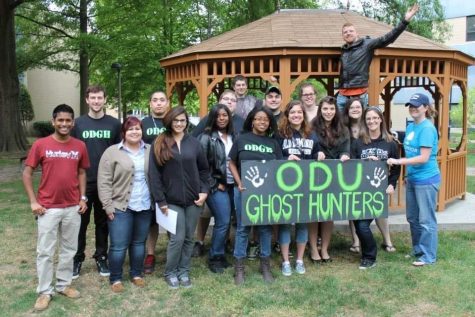
In Patchan’s experience, “just about 75% of [ghost] cases can be disproved one way or another.”
Old Dominion Ghost Hunters prided itself on “remaining as scientific as humanly possible”– meaning that any evidence is run through with a fine-toothed comb in search of non-ghostly explanations.
Patchan and a fellow club member once sighted what appeared to be the “upper torso of a man” floating in mid-air. Seconds later, it rushed past them into a dark corner of the room, and it wasn’t sighted for the rest of the night. The group had set up shop in an old but well-kept building, and the duo were walking down a hallway on the second floor. He ruled out “the possibility of car lights” because there were no windows close to the sighting, and rejected the idea that it could have been an animal.
The official report of the investigation referenced the sighting and labeled it as unexplained. “Unfortunately,” he lamented, “the best stuff never happens when you’re holding the camera.”
Evidence can usually be directed into one of two classifications: residual and intelligent hauntings. Residual hauntings are those in which, “for whatever reason, a moment has been captured by time and space and is repeated again and again… it’s why people see ghosts walk through walls, because [a long time ago] that wall probably didn’t exist.” According to Patchan, residual hauntings cannot interact with those viewing it from the present. Conversely, intelligent hauntings are “self-explanatory” and can interact with and experience events happening in the present. Intelligence, unsurprisingly, is something to be afraid of.
Patchan said most evidence collected, intelligent or residual, pertains to audio recordings called Electronic Voice Phenomena (EVP), which are sounds inaudible to human ears but which can be picked up by most recording devices.
Two children in a household near the ODU campus had complained of seeing dark, tall figures on multiple occasions in their room, to which their parents called for Patchan’s assistance. Patchan reported “lots of activity” in the house, but remained fascinated by an EVP picked up within the children’s room. A recording device had been set up in the center of the space, and club members took turns asking questions. Alex, the club’s then vice-president, asked “Why don’t you pick on someone your own size?” to which the EVP seemed to reply with, “Come and find me.”
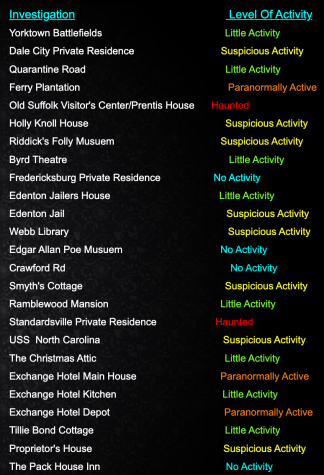
Patchan said, “We always compare [ghost hunting] to fishing because most of the time you spend waiting for something to happen, and sometimes it doesn’t, but when it does…it definitely pays off.” To the hunters, the payoff is never what they really hoped for because “no matter what you capture, there’s always gonna be someone in the background saying ‘well that’s photoshopped,’ or whatever.” The real payoff is “seeing it for yourself…bringing in skeptics, which we’ve done before, and exposing them firsthand to something that changes their perspective, permanently.
“When you think about it, ghosts were people once too…they were walking around and living everyday lives, they had jobs, families, friends– all the things that we have. But I think it’s important to do this research to hear what these people have to say, because intelligent entities have a message that they need to send, they have a reason for being there… A lot of us have wondered what happens after we die and this might just give us some semblance of peace of mind.”
Patchan is no longer afraid of ghosts like he once was. He began hunting at sixteen years old and is now thirty-one. Former members of his team sometimes “can’t believe [he’s] still at it.”
“It’s my passion, it keeps my life exciting and gives me something to always look forward to,” Patchan said.
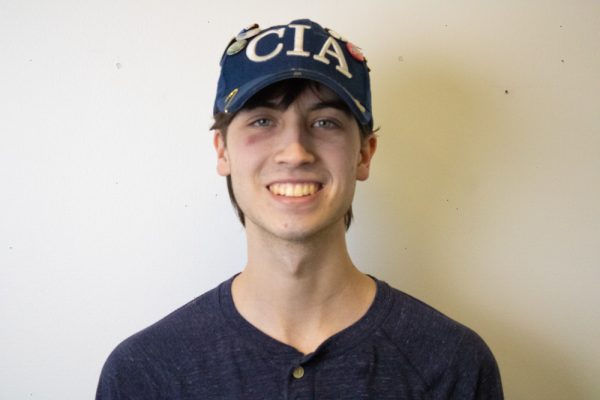
Justice is an English Major with a concentration in Journalism in his Sophomore year at ODU. Outside of Mace & Crown, he writes and publishes freelance...


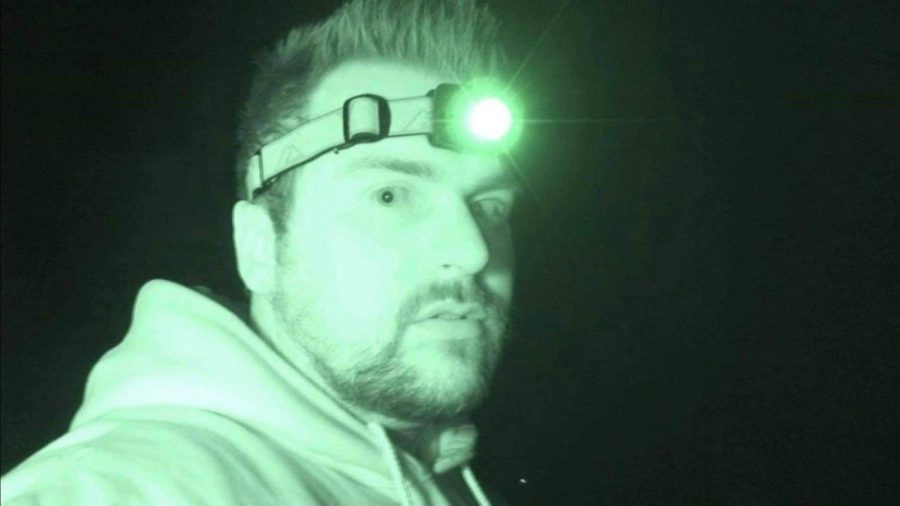
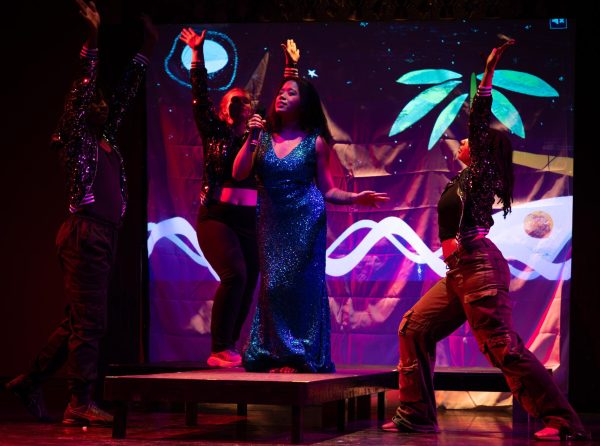
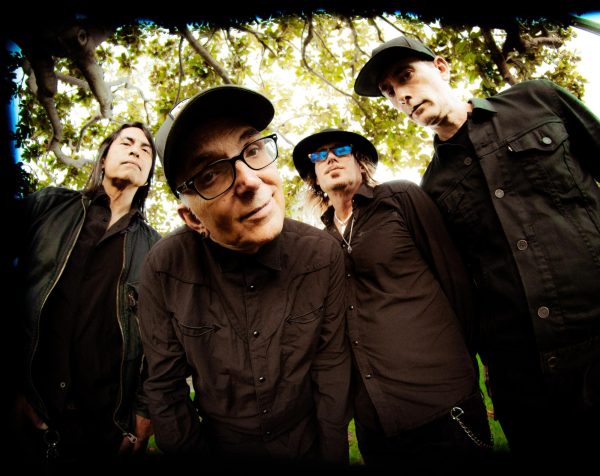

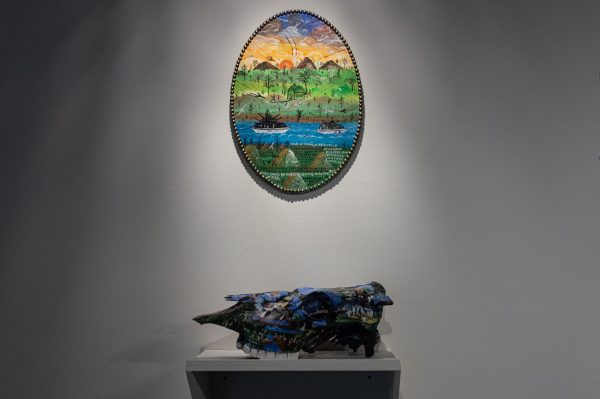
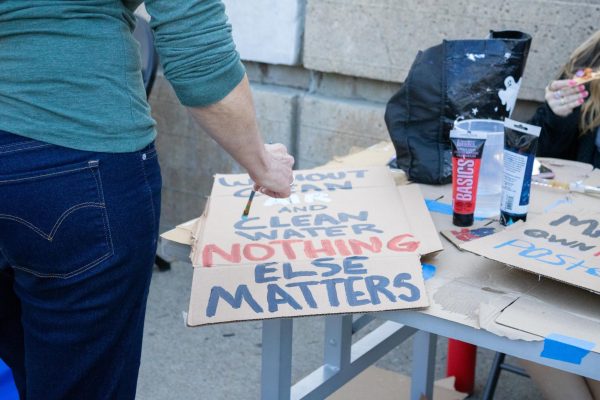

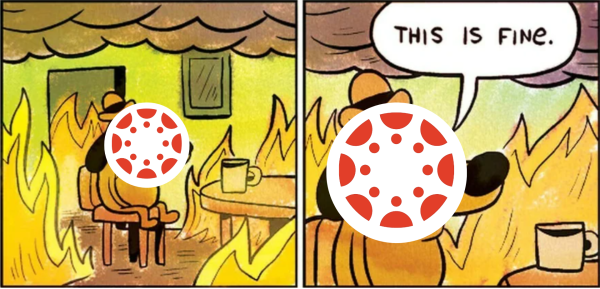
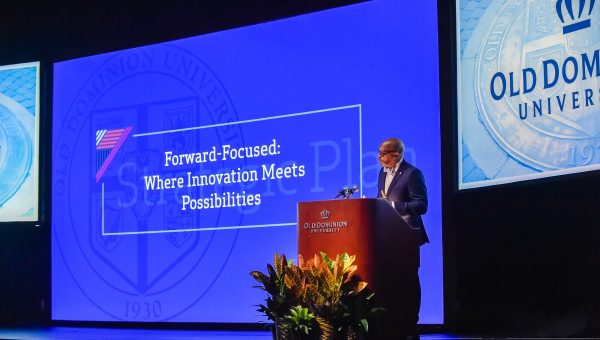
N.W. Taaffe • Oct 28, 2022 at 8:27 am
Great story! I’ve had some paranormal experiences myself, and this is one of the best comparisons of ghost perspectives I’ve ever read. Also, I can’t believe the author is a freshman! He’s got a bright future ahead of him.